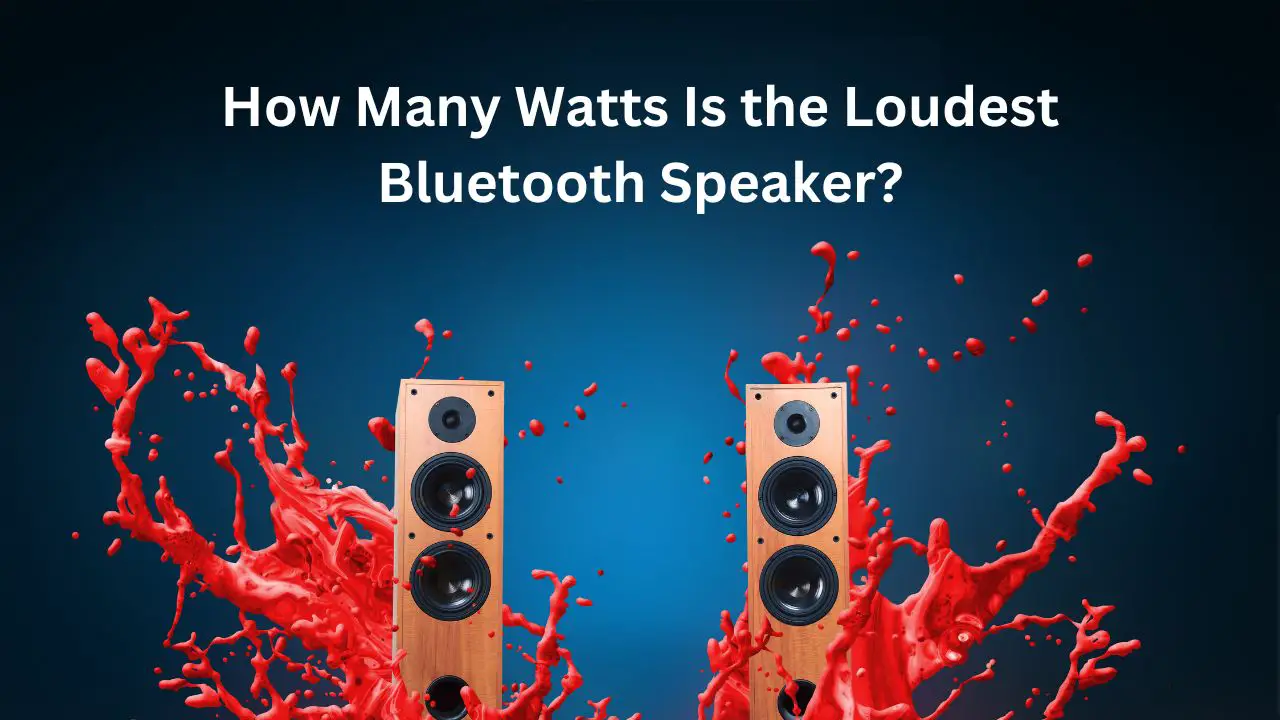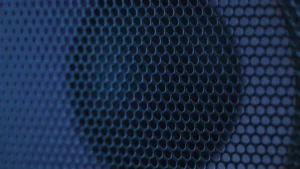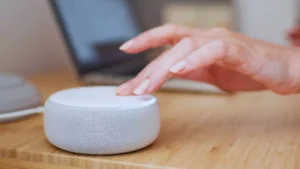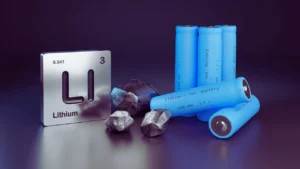Bluetooth speakers are becoming incredibly popular due to their convenience, portability, and sound quality. But it is essential to take into consideration the wattage of a Bluetooth speaker before making a purchase. The wattage of a speaker is a measurement of the power output of the speaker; the higher the wattage, the greater the volume that the speaker is capable of producing. But alone, wattage is not the criterion.
So, how many watts is the loudest Bluetooth speaker, and how can we determine this?
In short, the exact wattage of the loudest Bluetooth speaker varies depending on the size, frequency range, type of amplifier, and efficiency of drivers, but in general, speakers with wattages of 50 watts or higher are said to be the loudest. Some models can even be as high as 200 watts.
In this article, we will look at this wattage concept related to sound in detail so that you don’t have to look further anymore.
Let’s get started!
In This Article:
How Many Watts Is the Loudest Bluetooth Speaker?
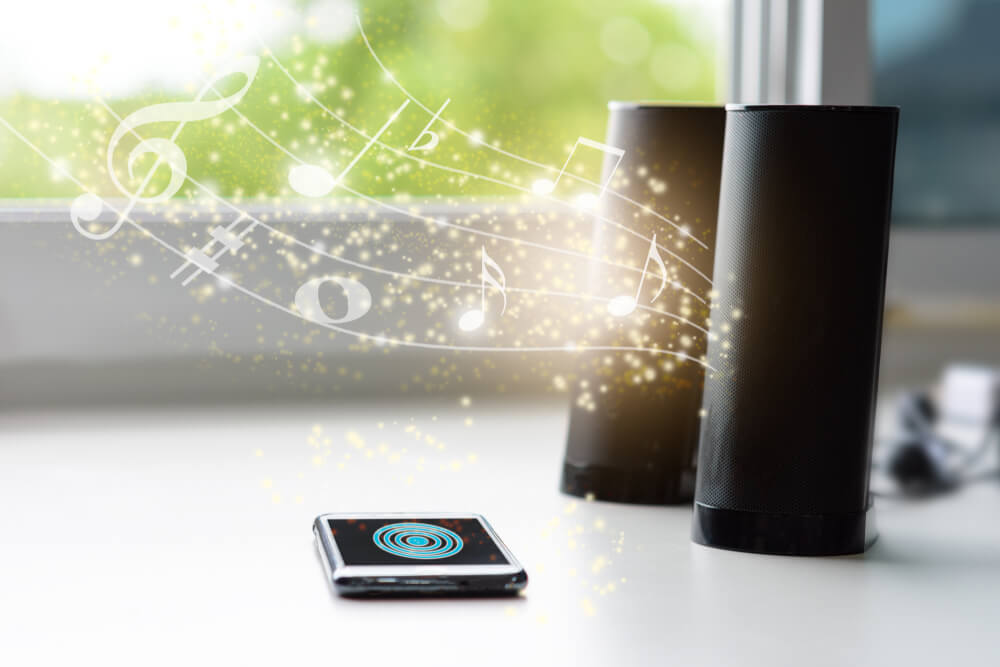
When it comes to Bluetooth speakers, there are two main factors to consider when determining how loud they can get: watts and dB (decibels). While watts measure the power of a speaker, dB measures the loudness of a speaker. That being said, figuring out how many watts is the loudest Bluetooth speaker is actually a complicated question.
To begin, it’s important to note that watts and dB are not directly correlated. That is, a Bluetooth speaker with more watts does not necessarily mean it will be louder than a Bluetooth speaker with fewer watts. This is because Watts measures how much power a speaker can handle, which is important for producing a strong and clear sound, not the sound output.
So, if watts and dB are not directly correlated, how do you figure out how many watts the loudest Bluetooth speaker is?
The answer lies in the speaker’s sensitivity rating. The sensitivity rating of a speaker tells you how efficient it is at converting power into sound. Generally, the higher the sensitivity rating, the louder the speaker will be. To be considered a “loud” Bluetooth speaker, it should have a sensitivity rating of 85 dB or higher.
The next step is to determine how many watts a Bluetooth speaker needs in order to reach that 85 dB or higher sensitivity rating. The answer to this question will depend on the type of Bluetooth speaker you are using. Generally, small and portable Bluetooth speakers will require fewer watts to reach a higher dB rating than larger speakers.
For example, a small and portable Bluetooth speaker may only require 10 watts in order to reach a sensitivity rating of 85 dB.
On the other hand, a larger Bluetooth speaker may need up to 50 watts in order to reach the same sensitivity rating.
That being said, it’s important to note that the number of watts a speaker needs to reach a certain dB rating can vary depending on the type of speaker and the type of music being played.
So, it’s impossible to pinpoint exactly how many watts the loudest Bluetooth speaker is because the answer will vary depending on the type of speaker and the type of music being played. However, a Bluetooth speaker with a sensitivity rating of 85 dB or higher can be considered a “loud” Bluetooth speaker.
To reach this sensitivity rating, a Bluetooth speaker may need anywhere from 10 watts to 50 watts, depending on the type of speaker and the type of music being played.
Factors That Affect Wattage
The wattage of a Bluetooth speaker is determined by several factors, including:
- Size
- Impedance
- Power Source
- Frequency Range
- Type of Amplifier
- Number of Drivers
- Efficiency
Size
The size of a Bluetooth speaker is one of the most important factors that affect the wattage of the speaker. In general, larger speakers need more power than smaller speakers in order to generate the same amount of sound when played at the same volume. This is because larger speakers are capable of producing more sound pressure, which requires more power.
Furthermore, larger speakers usually have more powerful amplifiers, which require more power to drive them. As a result, larger speakers tend to have higher wattage ratings than smaller speakers.
Impedance
Impedance is another factor that affects the wattage of a Bluetooth speaker. Impedance is the amount of resistance that a speaker offers to the flow of electrical current. It is measured in ohms and affects the sound quality of the speaker. Speakers with higher impedance require more power to operate, as they are more resistant to the current flowing through them.
As a result, speakers with higher impedance tend to have higher wattage ratings than those with lower impedance.
Power Source
The power source of a Bluetooth speaker will have an effect on the wattage. Battery-powered speakers typically require less wattage than AC-powered speakers.
Frequency Range
The frequency range of a speaker will also have an effect on the wattage. Speakers with a wider frequency range typically require more wattage to reproduce the same sound level as a speaker with a narrower frequency range.
Type of Amplifier
The type of amplifier used in a Bluetooth speaker is another factor that affects the wattage of the speaker. For instance, some speakers use digital amplifiers, which require less power than traditional analog amplifiers. Digital amplifiers are more efficient and can produce higher sound pressure levels with less power.
Additionally, some Bluetooth speakers use Class D amplifiers, which are even more efficient and require even less power than digital amplifiers.
Number of Drivers
The wattage of a Bluetooth speaker is determined by the number of drivers it contains. Speakers with more drivers require more power to operate and therefore tend to have higher wattage ratings than those with fewer drivers.
Efficiency
The efficiency of a Bluetooth speaker is another factor that affects the wattage of the speaker. Speakers with higher efficiency need less power to create the same volume of sound compared to speakers with lower efficiency. This is because more of the energy used to power the speaker is converted into sound instead of being wasted as heat.
As a result, speakers with higher efficiency tend to have lower wattage ratings than those with lower efficiency.
How Loud Should a Bluetooth Speaker Be?
The volume of a Bluetooth speaker depends on several factors, including the size and type of the speaker, the distance between the speaker and the listener, the room size, and the type of music being played. The ideal volume for a Bluetooth speaker should be loud enough for the listener to hear the music clearly, but not too loud that it becomes uncomfortable or unbearable.
When talking about volume levels in dB (decibels), it is important to understand that any sound at or above 85 dB can cause hearing damage over time. This means that any sound at 85 dB or higher should only be listened to for short periods of time and should not be used for extended listening sessions.
For general listening, an acceptable volume for a Bluetooth speaker would be around 75 dB. At this level, the music should be loud enough for the listener to hear the details of the music without causing any hearing damage.
It is also important to note that the distance between the speaker and the listener will affect the volume of the speaker. The volume should be adjusted to be lower the closer the speaker is to the listener.
For those who like to crank up their music, the volume should not exceed 90 dB. Anything higher than this can cause permanent hearing damage. It is also important to remember that the length of time that the music is listened to at this volume can increase the risk of hearing damage.
When listening to music through a Bluetooth speaker, it is important to be aware of the volume and to keep it at a reasonable level. The listener should also take into consideration the potential risks of listening to loud music, such as hearing loss and tinnitus.
When using a Bluetooth speaker, it is also important to consider the environment in which the speaker is being used. If the speaker is being used in a large room or in a crowded environment, the volume should be lower than if it were being used in a smaller room or in a quiet environment.
Conclusions
So, after reading this article, you should know that it is important to pay attention to the wattage of a Bluetooth speaker when shopping for one. The wattage of a Bluetooth speaker can determine how loud it will be, with higher-wattage speakers being louder. Other than that, factors such as size, type, and material can all affect the wattage of a Bluetooth speaker. Knowing the wattage of a Bluetooth speaker can help you choose the right one for your needs.
Frequently Asked Questions
What Is the Best Wattage for The Home Bluetooth Speaker?
The best wattage for a home Bluetooth speaker will depend on the size of the room you are using the speaker in. For a standard-sized living room, a speaker with around 20 watts of power should provide plenty of volume and quality sound. If you are using the speaker in a larger space, such as a backyard or a large room, you might want to look for a speaker that has a higher wattage rating.
How Can I Determine the Loudest Bluetooth Speaker?
The best Bluetooth speaker is one that can provide the highest volume without sacrificing sound quality. To determine the loudest speaker, you should look at the maximum sound output, sensitivity rating, and power rating of the speaker. The maximum sound output will tell you how loud it can get, the sensitivity rating will tell you how well it can reproduce sound, and the power rating will tell you how much power it can handle.
How Many Watts Is a Good Speaker?
The answer to this question depends on several factors, including the size of your room, the type of music you listen to, and your personal preferences. A decent speaker should typically have a power handling capacity of at least 50 watts. If you’re listening to music in a large room, you’ll likely want to go with a speaker that can handle more than 50 watts.

